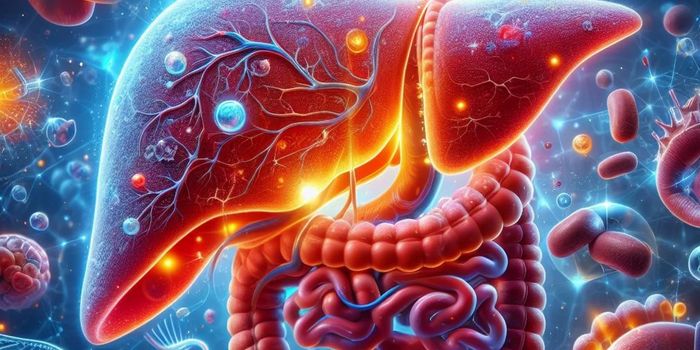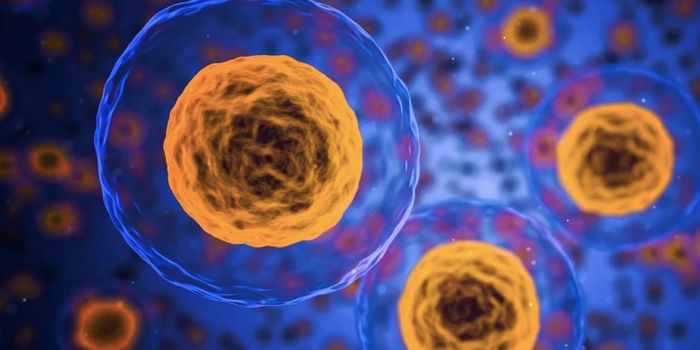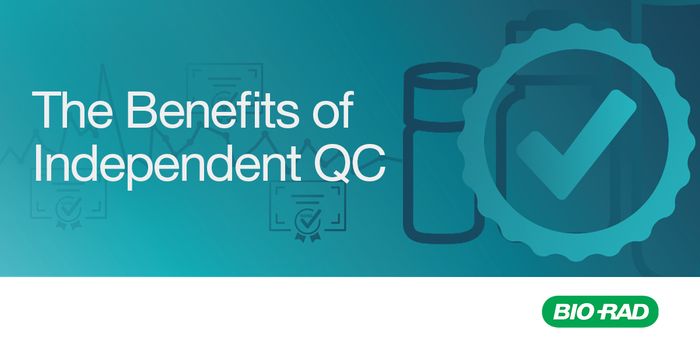The Curious Case of COVID Immunity...a Threat to Vaccination Efforts?
After COVID infection, there’s a spectrum of diversity in how long antibodies against the coronavirus hang around—anywhere from days to years. A recent study indicates that the persistence of antibodies against SARS-CoV-2 may be linked to the severity of the infection that the patient experienced, with important implications to vaccination strategies.
The team of scientists from Duke-NUS tracked a cohort of 164 COVID-19 patients in Singapore over a period of around half a year. During this time, they took blood samples to map the dynamics of virus-neutralizing antibodies and other immune factors. This dataset was used to build a machine learning algorithm for predicting how long-lasting a patient’s antibodies to the coronavirus are likely to be.
“The key message from this study is that the longevity of functional neutralizing antibodies against SARS-CoV-2 can vary greatly, and it is important to monitor this at an individual level. This work may have implications for immunity longevity after vaccination, which will be part of our follow-up studies,” said the study’s corresponding author, infectious disease expert Wang Linfa.
Wang and the team were able to classify patients according to their antibody responses. Around 11 percent of patients did not develop any neutralizing antibodies to the coronavirus. Then there was the “rapid waning” group (26.8 percent), whose antibodies dropped off in a matter of days. The “slow waning” and “persistent” groups maintained neutralizing antibodies (at varying levels) for about six months. A small percentage of patients had a “delayed response,” with antibody levels spiking much later during the recovery period.
For the patients without an observable antibody response, the scientists showed that T cell immunity played a larger role in protecting these individuals.
“Our study examines neutralizing antibodies which are important in protection from COVID-19,” explained corresponding author David Lye. “We found that antibodies against SARS-CoV-2 wane in different people at different rates. This emphasizes the importance of public health and social measures in ongoing pandemic outbreak response.”
“However, the presence of T-cell immunity provides hope of longer-term protection, which will require more studies and time for epidemiological and clinical evidence to confirm,” added Lye.
According to the authors, this study's results could have important implications on vaccination strategies and other government-led initiatives to return to pre-pandemic normalcy. Differences in antibody waning rates could mean that reinfection is a genuine threat for some, even with natural or vaccine-induced immunity. Additionally, if this tapering of antibody levels occurs in those vaccinated, then annual COVID vaccine rollouts could be necessary to maintain herd immunity.
Sources: The Lancet Microbe, Duke-NUS Medical School.









